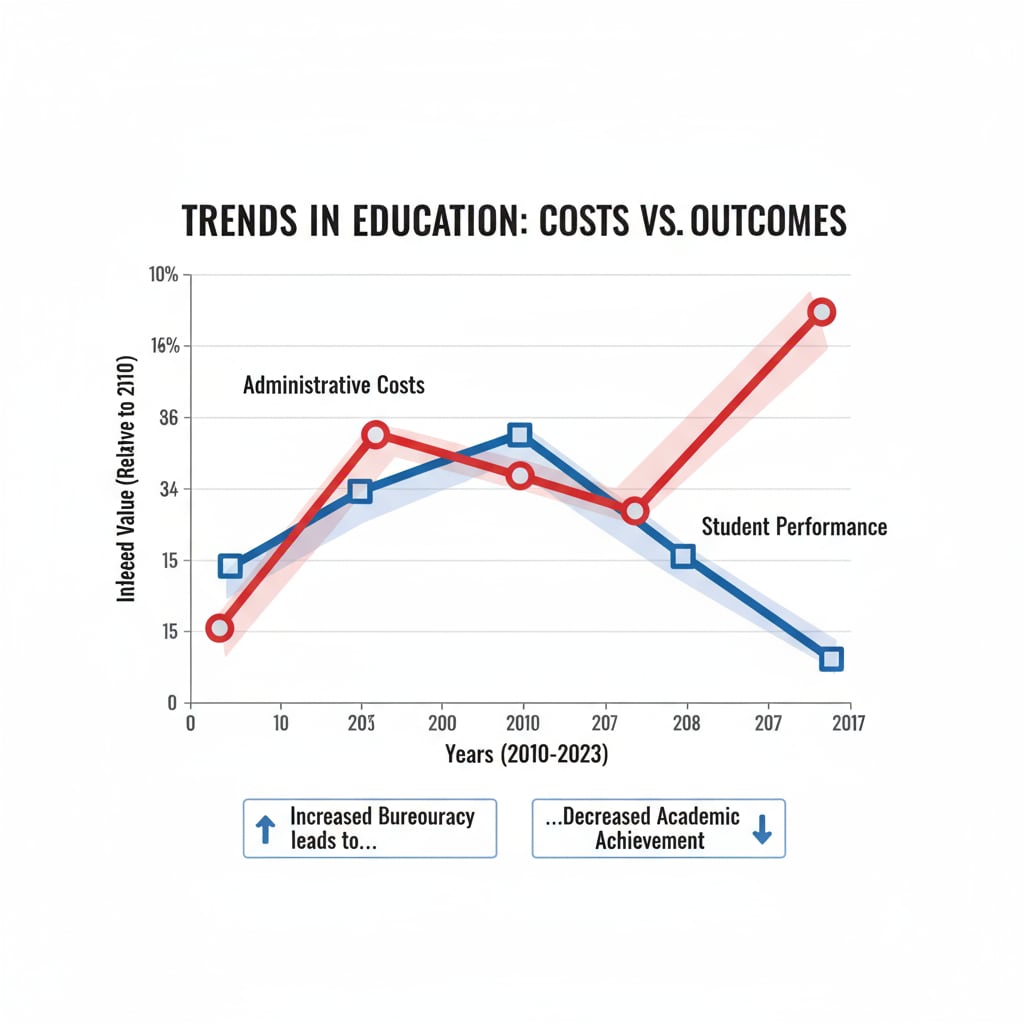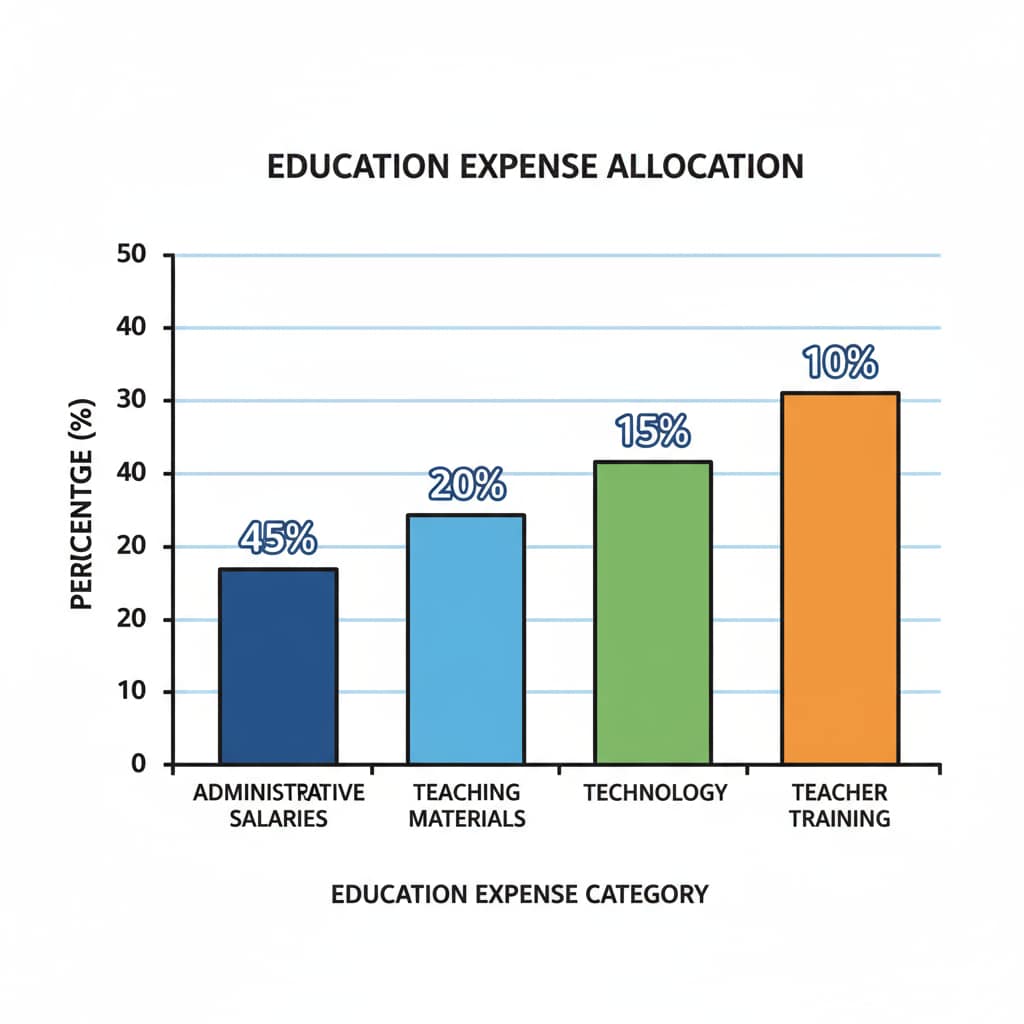In the realm of K12 education, the issues of education administration, funding allocation, and student performance are intricately intertwined. There is a growing concern that the improper distribution of education funds is having a detrimental effect on students’ academic achievements.

The Alarming Rise of Administrative Salaries
One of the most prominent aspects of the funding imbalance is the significant increase in administrative salaries. In many school districts, a large portion of the education budget is being funneled towards paying administrators. According to National Center for Education Statistics, administrative costs in some areas have skyrocketed over the past decade. This growth has come at the expense of resources that could have been used more directly for student learning, such as updated textbooks, educational technology, and teacher training.

The Impact on Student Performance
As administrative salaries consume a larger share of the budget, the quality of education provided to students is suffering. Teachers may lack the necessary materials and support to deliver engaging lessons. For example, outdated textbooks can make it difficult for students to keep up with the latest knowledge in various subjects. Moreover, limited access to educational technology can put students at a disadvantage in a digital age. A study by RAND Corporation has shown a clear correlation between insufficient educational resources and lower student test scores.
Furthermore, the reduction in funds available for teacher training means that educators may not be equipped with the latest teaching methods. This can lead to less effective instruction, ultimately affecting students’ ability to learn and achieve their full potential.
Readability guidance: The key points here are the rise in administrative salaries and its impact on student performance. We can see a clear chain reaction from improper funding allocation to negative outcomes for students. Transition words like ‘moreover’ and ‘furthermore’ help to connect different aspects of the issue.


